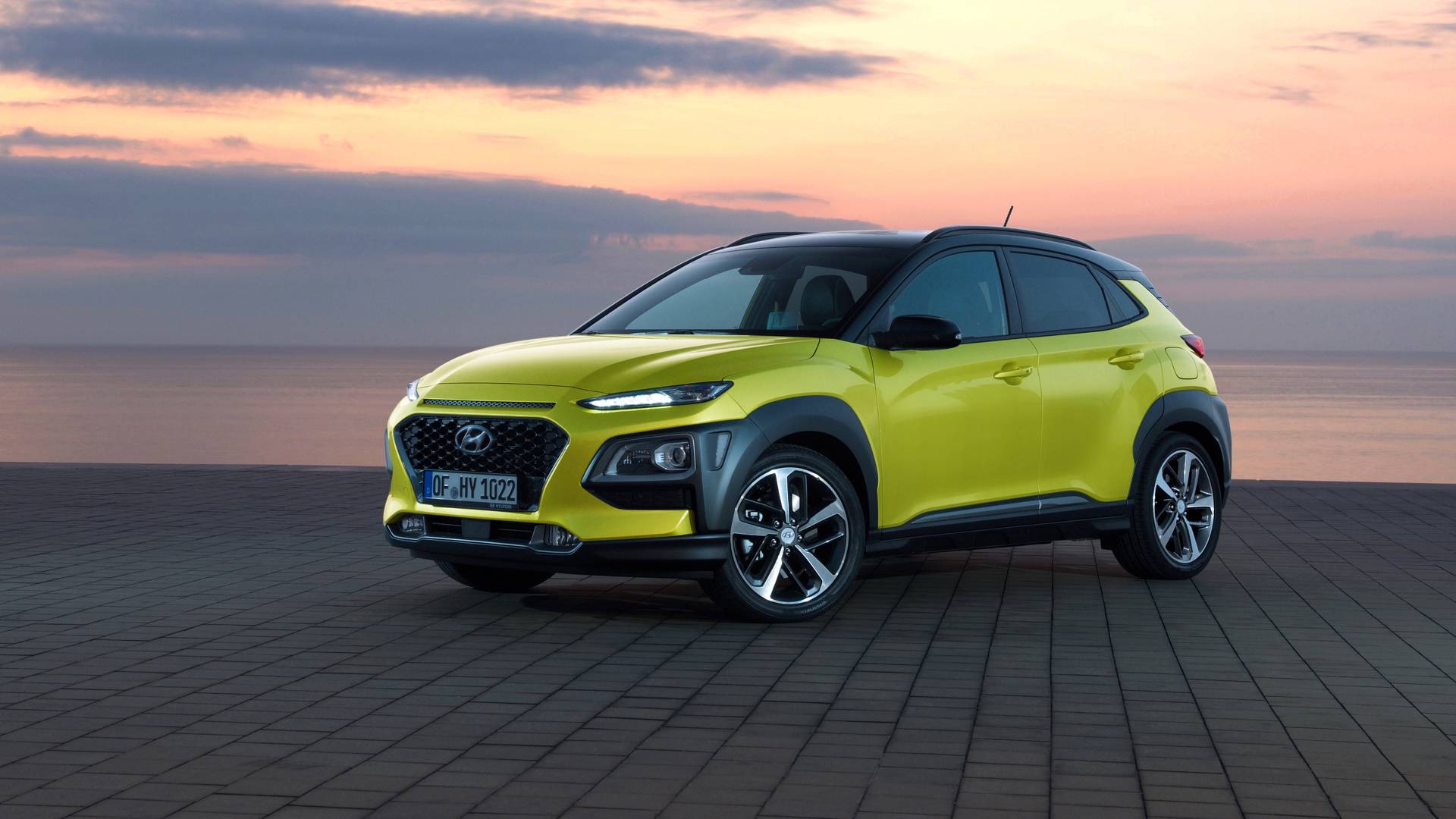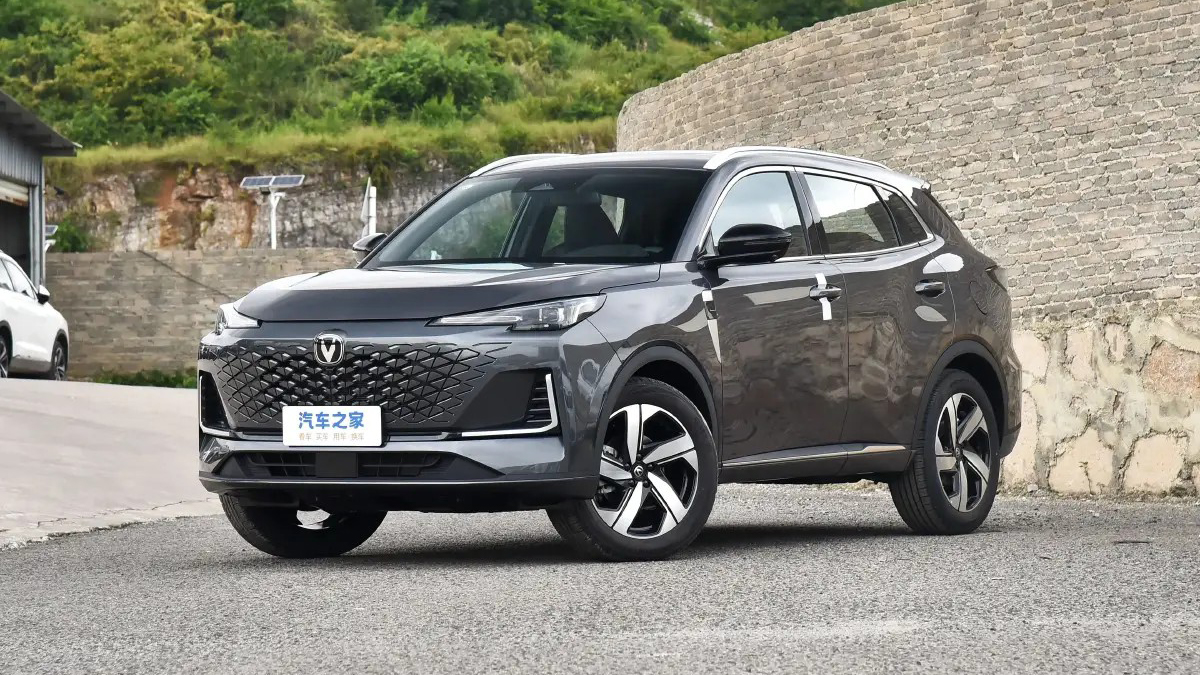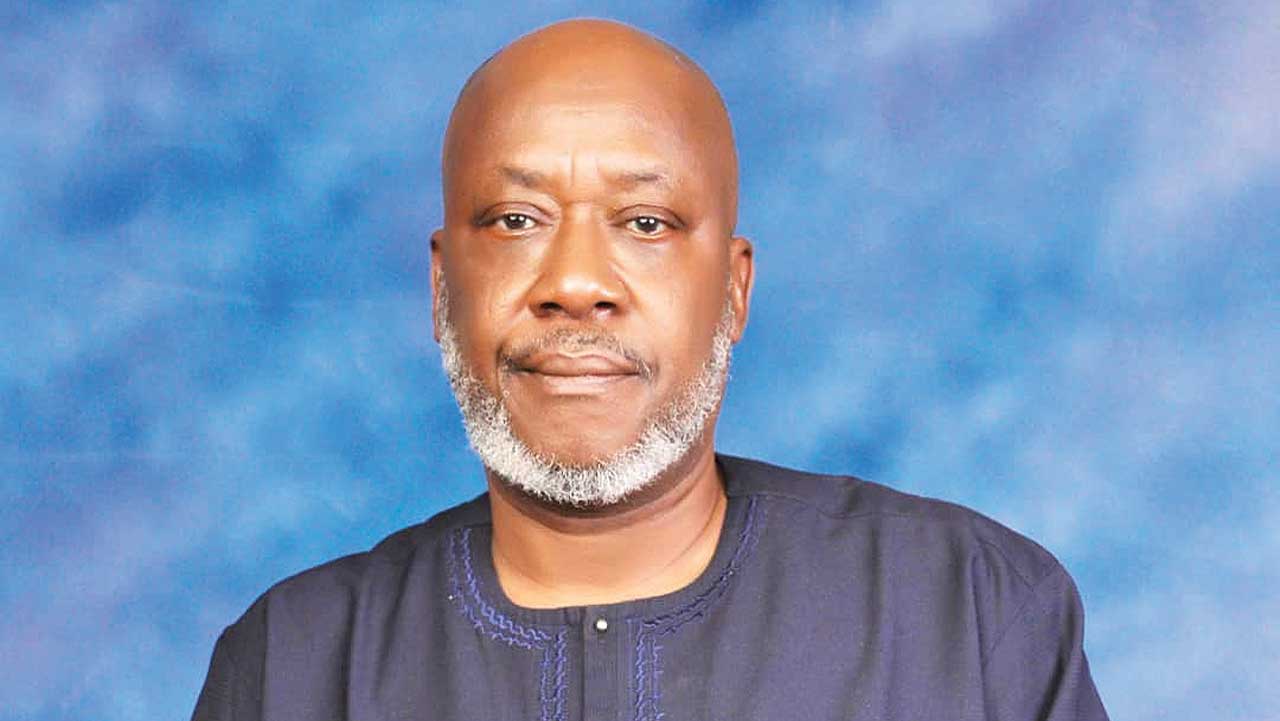
•Infrastructure, power undermine EVs’ penetration in Nigeria
•Hyundai Kona records 120 units sale in two years
Two years after the Stallion Group launched the first-ever electric car assembled in Nigeria, less than 200 units have been sold, as consumers have remained resolute in their romance with fossil fuel consumption, even as access to electricity to charge the vehicles undermine adoption.
While the main issue with electric cars has never been the price or the road that a potential owner will worry about, the concern has always been where to charge them, considering the hours of electricity needed to keep the vehicle running, just as there are limited or non-existent charging points.
The National Automotive Design and Development Council (NADDC) had initiated an electric vehicle pilot programme. The NADDC collaborated with the Stallion Group, European Union and other stakeholders to roll out 100 solar-powered electric vehicle-charging stations across the country.
Sokoto became the first state in Nigeria to launch a solar-powered electric car charging station. Since then, three other charging stations have been built in University of Lagos, Usman Dan Fodio University and the University of Nigeria, Nsukka.
In a related development, Nigerian company called Metro Africa Xpress, or MAX NG, has manufactured electric motorbikes, which can travel 160km with a rider and 120km with a passenger.
One Mr. Abubakar Mustapha from Borno State has also made Nigeria’s first electric minibuses, which can carry up to seven passengers and travel up to 120 to 150 kilometres at full charge.
But these charging stations are little compared to the demand of EVs in the country
Governor Babajide Sanwo-Olu of Lagos had launched the full electric car in 2020 with the hope that the locally-assembled sports utility vehicle would help to reduce pressure on use of fossil fuels.
Though the governor was full of commendation for Stallion Group for the noble initiative, he promised that Lagos state government will make provisions for electricity charging points for the vehicles across Lagos, to make it easy for users to enjoy their Electric Vehicles (EV).
However, findings by The Guardian showed that the state government has yet to unveil electricity charging points.
Beyond charging points, the state of the automotive sector has been linked to the inability of the Nigerian government to pass into law, a bill seeking to back up the policy. The sector is also bedevilled by lack of auto finance schemes and other extant challenges in the country.
Globally, the production of electric cars and hybrid electric vehicles has come with incredible speed and are getting more deeply rooted than ever.
In fact, they are operational in the economies of Asia, Europe and America. Electric vehicles are flourishing in countries such as, China, India, Japan, South Korea, Germany, United Kingdom, Netherlands, Spain, Belgium, France, United States and Canada.
Head of Media and Marketing, Stallion Motors, Sonu Singh, said the company has only sold 120 units of Kona since its launch in 2020, stating that the adoption is gradual, as more people will accept it in the coming years.
Speaking on the charging aspect, he said the battery pack is designed in a way that users can charge their cars at home.
He said the government is trying to assemble some of the charging points in filling stations in the country, but these efforts are still minimal compared with other African countries.
Former Dean, School of Transport and Logistics, Lagos State University (LASU), Professor Samuel Odewumi, said at the fullness of time, it would be acceptable. Nigerians are always very early to adopt new technology.
Odewumi believes that the challenge of adopting EVs wholesomely is hampered by supporting infrastructure such as ubiquitous distribution of charging points in petrol stations such that owners will not be stranded if the batteries go down.
The other element, he said, is service support for the technology in terms of local skills and spare parts. If these issues are taken care of, Nigerians will wholeheartedly accept the technology. This is moreso in view of the escalating price of fossil fuel.
“I will advise the government to provide the policy and implementation framework so that the charging infrastructure will be part of the services by petrol dispensers and provide guidelines for establishment of charging parks by interested private investors. The cost outlay is very moderate, small scale entrepreneurs will gladly latch on to it.
“It must be mentioned that that is the global trend and Nigeria cannot afford to lag behind. But it is also a warning indicator that fossil fuel will not be the main source of energy supply for the transport industry in the long term perspective. Therefore, the yearning need for diversification of our source of revenue earning,” he said.
For the Chief Operating Officer, Automedics Ltd, Gbola Oba, if electricity is fixed and Nigeria sorts out ease of accessing charging points, Nigerians will embrace the usage of electric vehicles.
However, the Chief Executive Officer, West Atlantic Cold-Chain and Commodities Limited, Henrii Nwanguma, said the offerings for electric vehicles in Nigeria are not aligned with the demand. He said Nigeria has energy fairness, which in place poses a challenge for the acceptance of electric vehicles.
He asked if there is a strategic policy or tax rebate for users of EVs in the country, which will attract people to the usage.
He stated that the government has not given incentives for electric vehicles in the country.






